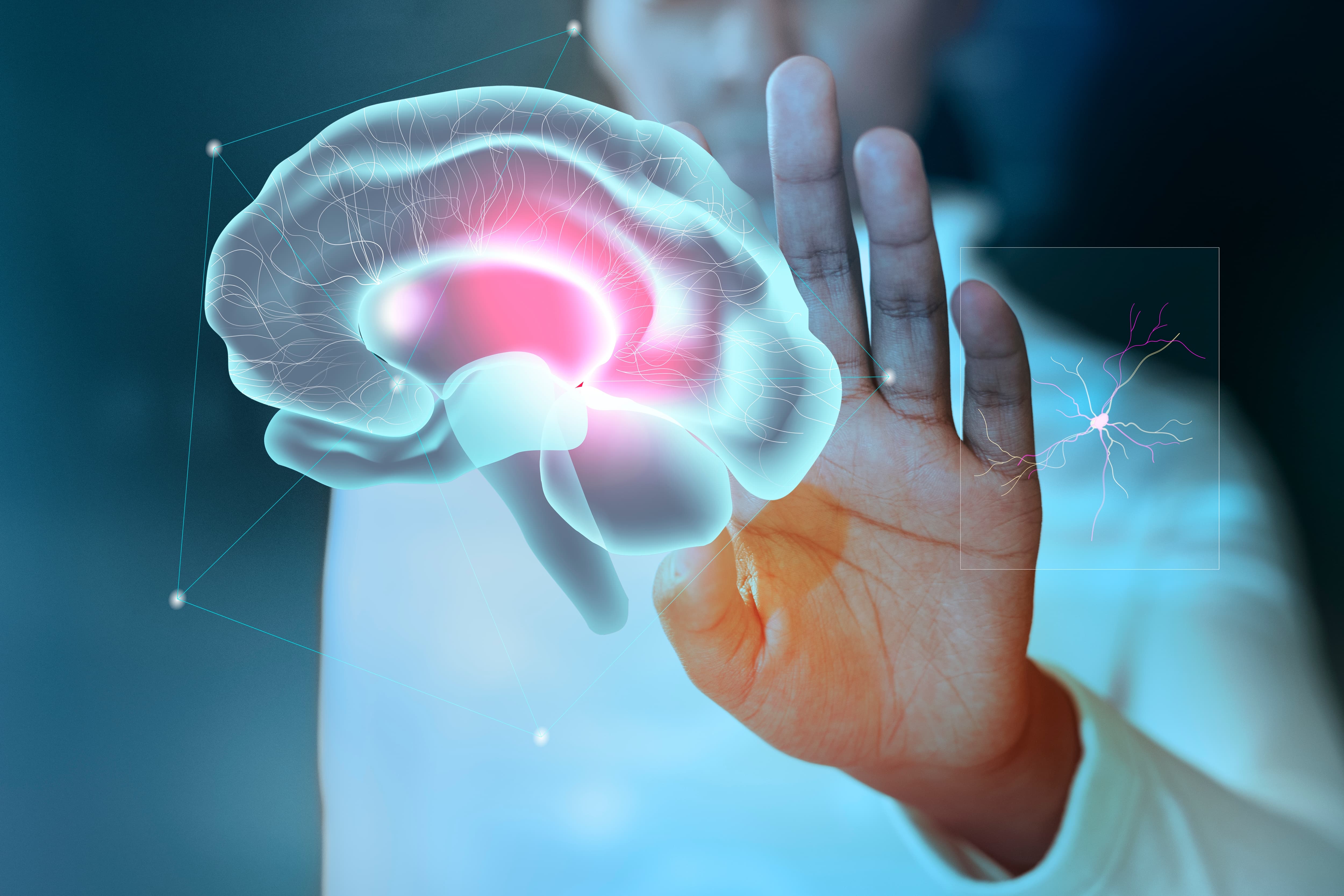Unlocking Movement: The Role of Physiotherapy in Treating Neurological Disorders

Vijayalakshmi S

Neurology is the branch of medicine that deals with disorders of the nervous system, which include the brain, blood vessels, muscles and nerves. A physician who works in the field of neurology is called 'a Neurologist', and 'a neurosurgeon' is one who treats neurological disorders via surgery. Wait, like we have a doctor who treats neuro symptoms with medicine and surgery; do we have a therapist who can rehabilitate us after the above procedure? The answer is Yes, and they are known as Neuro physiotherapist.
The Journey of Neuro Physiotherapy: From Pioneering Techniques to Modern Healthcare Solutions for Neurological Disorders
Evolution of Neuro Physiotherapy, a sprouting sapling with numerous branches, has been on the run for more than 2500 years now. Among those branches, neuro physiotherapy has been 'the cherry on the cake' specialty that almost 50% of Indian students pitch on every year. While World War 2 had occupied most parts of the world, neuro physiotherapy's pioneer ideologies emerged. The most popular being the Margaret Knott and Dorothy Voss's PNF technique. The milestone was then followed by the discovery of the NDT technique by Bertha Bobath in 1950s, Sensorimotor approach, Brunnstrom approach, Motor control and relearning, sensory integration came up with individual approaches till 1970’s to narrow the physiotherapy approach to neurological patients. Physiotherapists, since then have been there, authenticated from prevention to rehabilitation and from womb to tomb. They have shown their presence beyond doubt in various fields of sports, disaster, community, school, ergonomics and many more. Neurological Disorders and Role of Physiotherapy Neurological disorders contribute to about 28-30% of all years lived with disability and these are rising every year, i.e., about 30 million people alone in India.
Enhancing Neurological Rehabilitation: The Crucial Role of Neuro Physiotherapy in Improving Quality of Life for Patients with Neurological Disorders
As these deficits are on an increase with the ageing population, some of these, which can leave a person bedridden for life, neurological physiotherapists are the only health care professionals who will be in association with the patients in the long run. Henceforth, the techniques involved in neurological physical therapy are wide-ranging and often require specialized training, which includes the art of history taking (patient’s medical history) to the final rehabilitation process that makes the patient independent of helpers. Those with neurological diseases can become completely dependent on support from others, which can further affect them emotionally and psychologically. While the latter needs constant counselling, the physical manifestations of these disorders can be managed through neuro-physiotherapy.
Neuro physiotherapy is a field that focuses mainly on working with people associated with a neurological disorder or disease; that includes stroke, chronic back pain, Alzheimer's disease, Charcot-Marie-Tooth disease (CMT), ALS, brain injury, cerebral palsy, multiple sclerosis, Parkinson's disease, facial palsy, spinal cord injury etc. Common impairments that are usually associated with neurologic conditions include impairments of vision, balance, ambulation, activities of daily living, movement, muscle strength and loss of functional independence. It is recommended for neuro physiotherapists to collaborate with psychologists when providing physical treatment of movement disorders, as the treatment span takes a stretch in few conditions. This is especially important because combining physical therapy and psychotherapy can improve the neurological report of a patient. In the last few years, there has been a further progression in the neurorehabilitation field, with increasing interest in different models of central nervous system (CNS) function, skill acquisition and training. For instance, recent advances include brain mapping techniques to improve the performance of the patient's in the fields of neuro physiotherapy and sports physiotherapy.
Rehabilitation at Your Doorstep: The Advantages of Neuro Physiotherapy at Home
Let's talk about the meets for rehabilitation. Physiotherapists not only treat you in the closed chambers of the hospitals or clinics but also provide you with home visits. While someone may need to take the person with the disorder to the therapist’s clinic in case of an appointment – not to mention having to wait for a long time – the process becomes easier at home. At home, the physical limitations related to the neurological disorders do not become a hindrance to the sessions and they can be scheduled as per the person’s convenience. The physically taxing and tiring trips to the clinic can also be avoided, which may otherwise aggravate the existing condition. At-home care accrues better health outcomes. When a person is surrounded by near and dear ones, healing can happen faster. This is also because the therapist can provide individual attention which puts the person with the neurological disorder at ease. There is also better communication and hence, more personal attention to the condition. When the therapist visits a person at home, they can gauge aspects including the daily routine, living conditions, etc. better. This ensures that the therapy sessions are also tailored accordingly. The person getting treated can tell the therapist all about how and when the condition started, and other such things making the session more personalized. After all this, is there any impedance to call a physio; " an omnipresent creature of the medical field"? Physicians add years to life. But, it's physiotherapists who add life to years.
Frequently Asked Questions (FAQs)
Our team of medical experts are available 24x7 to guide you through the journey of pain relief. Visit https://www.casamed.in/contact or get in touch with us via our contact number +91-9523212651 or send a mail to support@casamed.in.
The information provided here is for educational purposes to help you manage your pain and prevent it from becoming a recurring condition. In case of discomfort, seek medical help